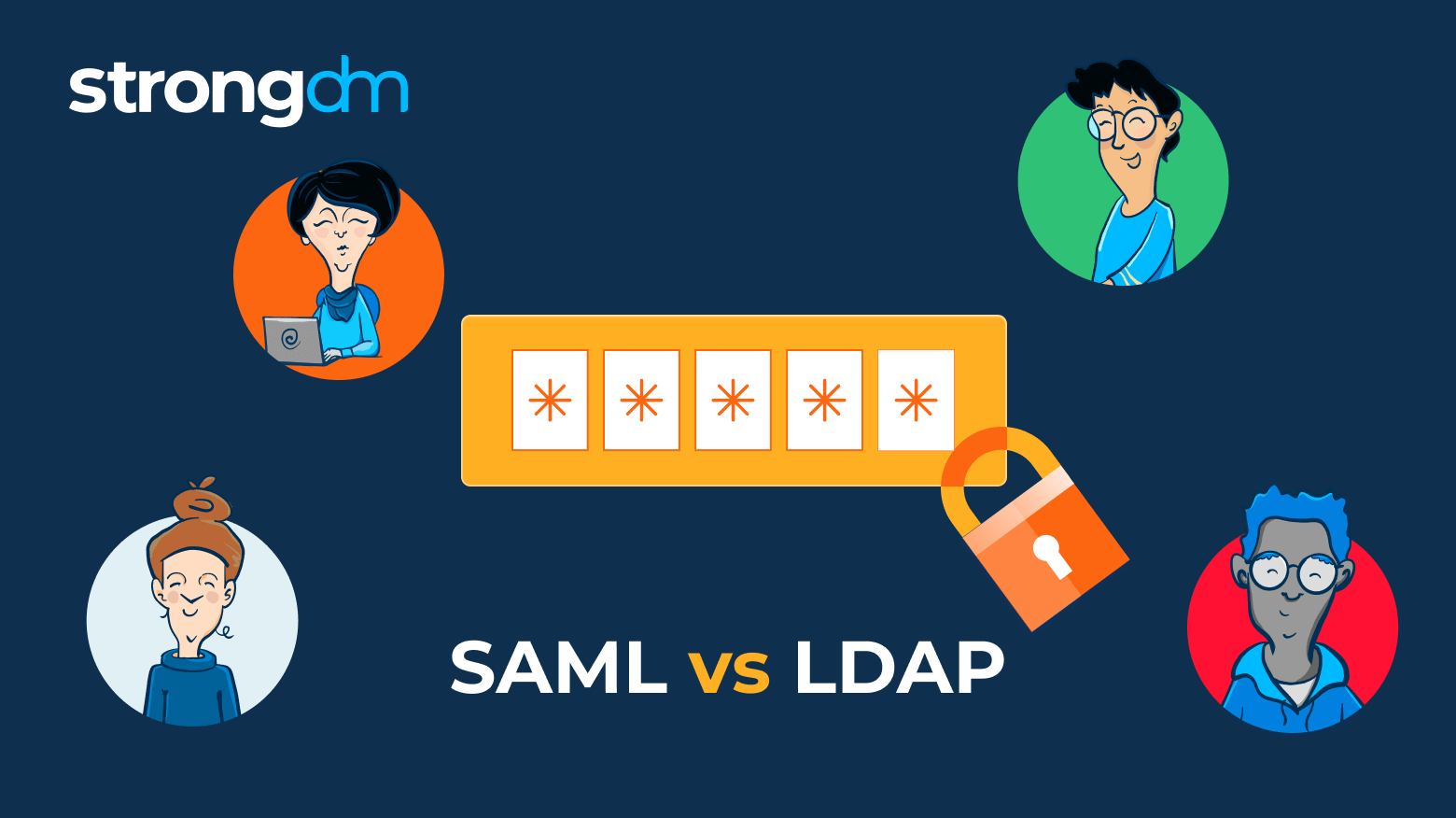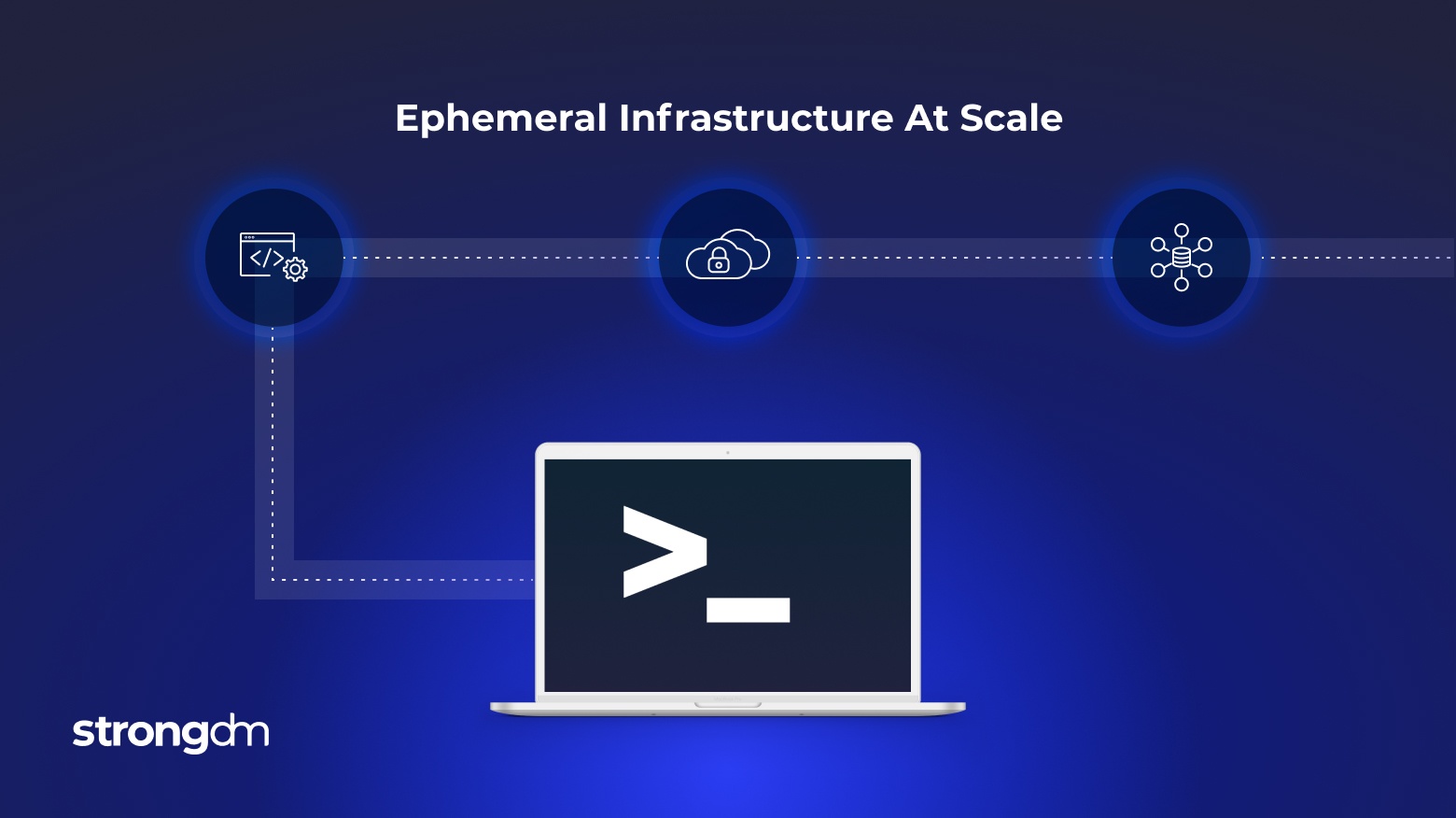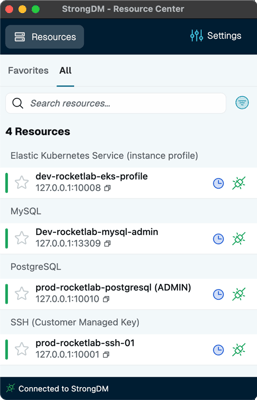The difference between SAML and LDAP is that SAML is designed for cloud-based connections using only an IdP and SP to communicate user data. LDAP, however, is typically used for accessing on-premises resources by installing a client on the user's device to connect with a directory service.
Posts by Category:
- Security
- Access
- DevOps
- Privileged Access Management
- Auditing
- Zero Trust
- Compliance
- Policy
- Databases
- SOC 2
- Authentication
- Identity and Access Management
- Team
- Compare
- Engineering
- Integrations
- Product
- Kubernetes
- AWS
- Productivity
- Podcasts
- SSH
- Observability
- HIPAA
- ISO 27001
- Role-Based Access Control
- Dynamic Access Management
- Secure Access Service Edge
- Webinars
- Events
- NIST
- Onboarding
- Passwordless
- Offsites
- Platform
- PCI
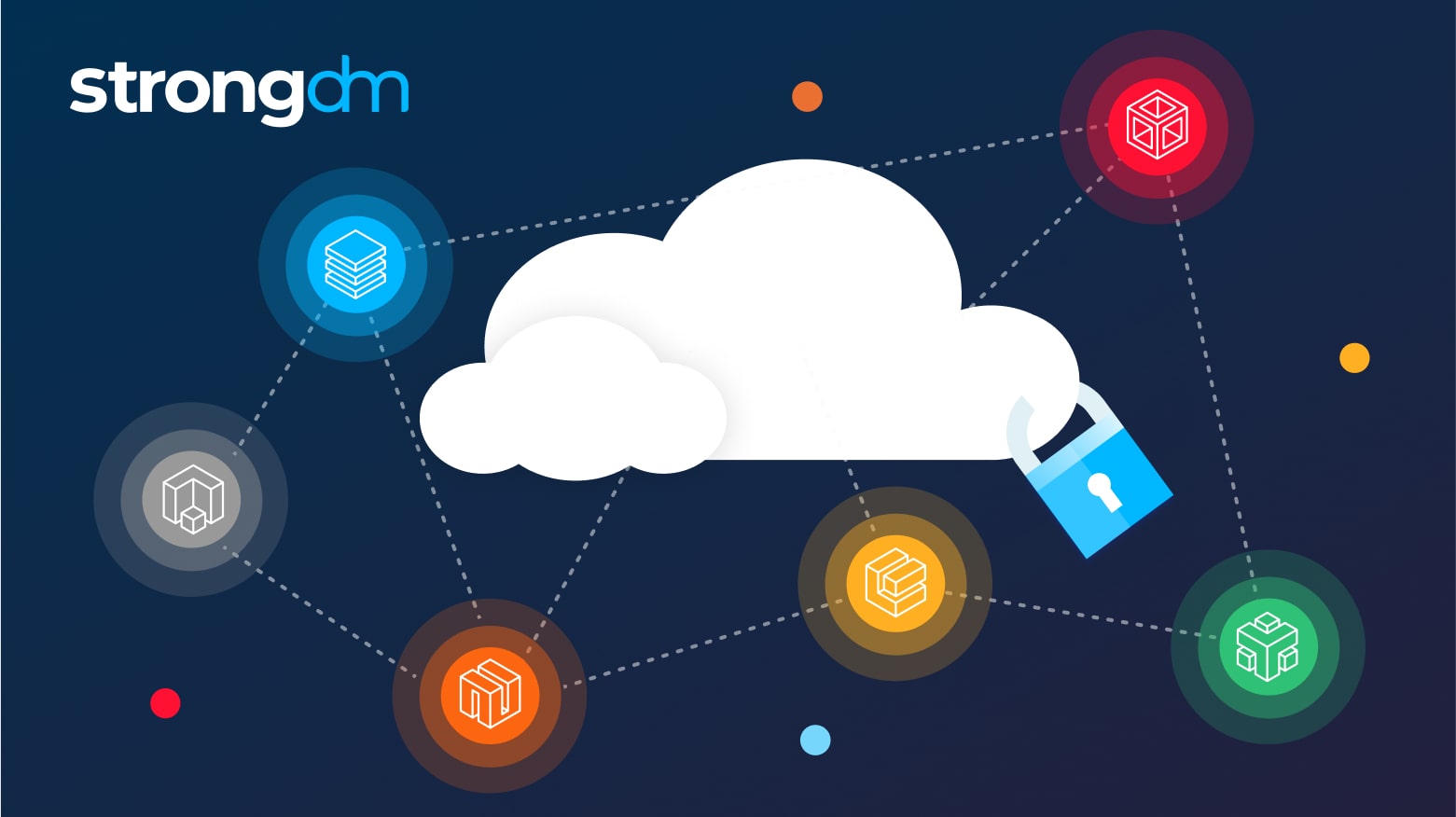
In this article, we’ll take a big-picture look at how SASE and CASB solutions fit into the enterprise security landscape. We'll explore the key differences between SASE and CASB and explain how each tool helps ensure enterprise security. You will gain an understanding of how SASE and CASB solutions compare and which might be suitable for your organization.
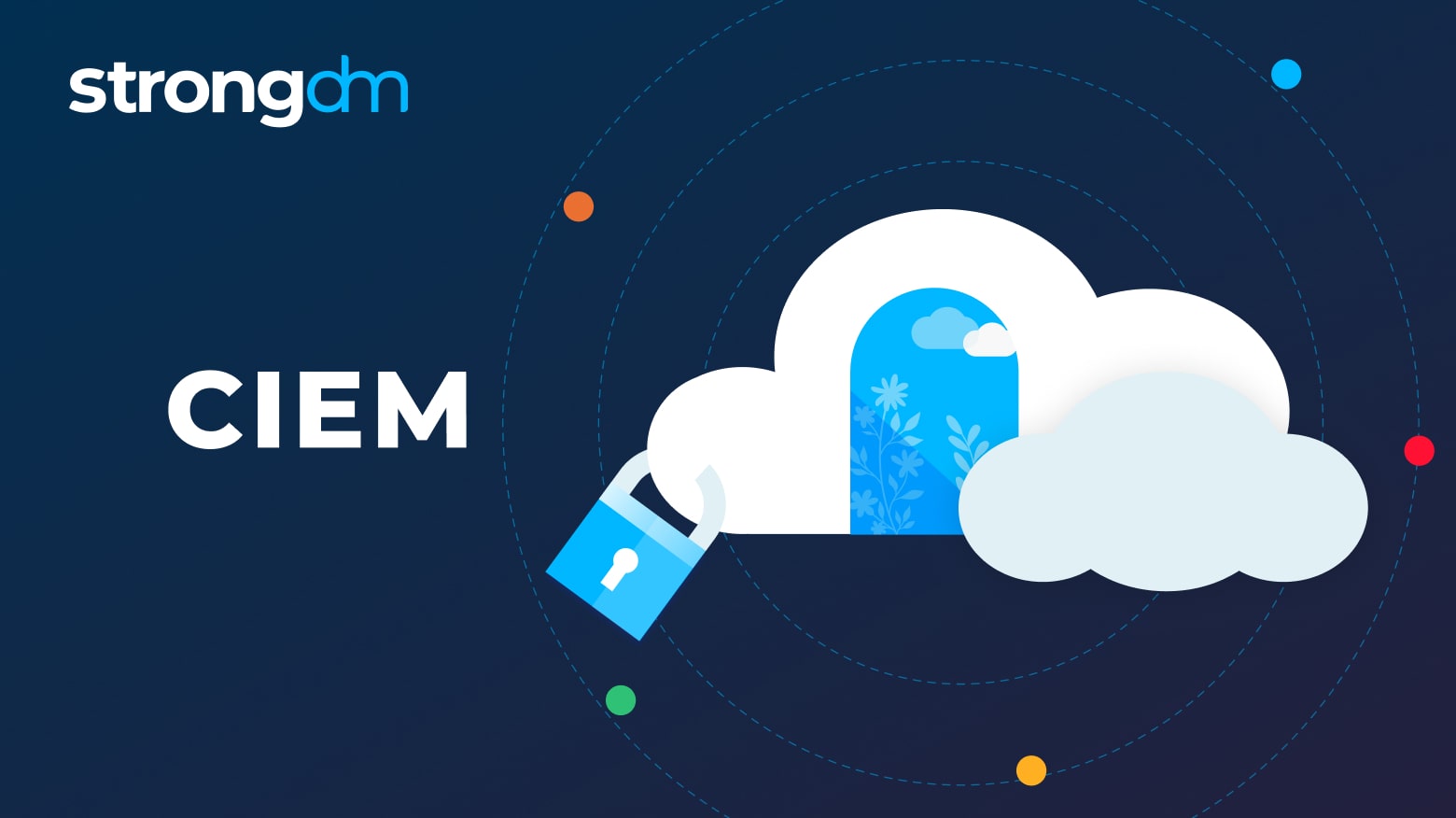
As more enterprises migrate to the cloud, access management and security has grown more complex. Cloud infrastructure entitlement management (CIEM) solutions emerged to address these challenges. In this article, we’ll take a broad look at what CIEM is, how it works, why it’s important, and how it differs from and works with other cloud management solutions.
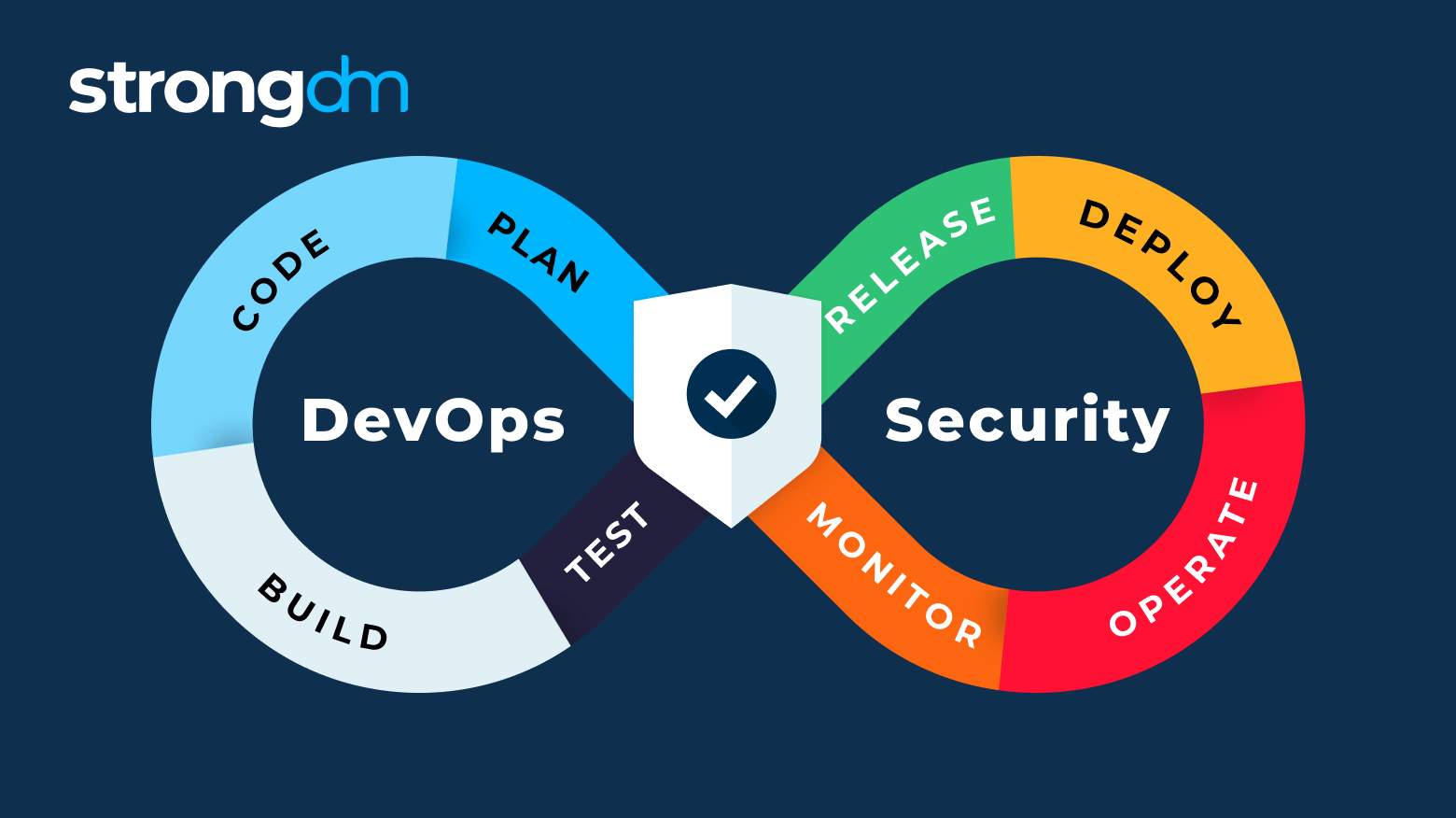
What are the biggest security challenges facing DevOps, and how can practitioners overcome them? In this article, Good e-Learning and strongDM examine how DevOps engineers can work to guarantee security across their cultures.
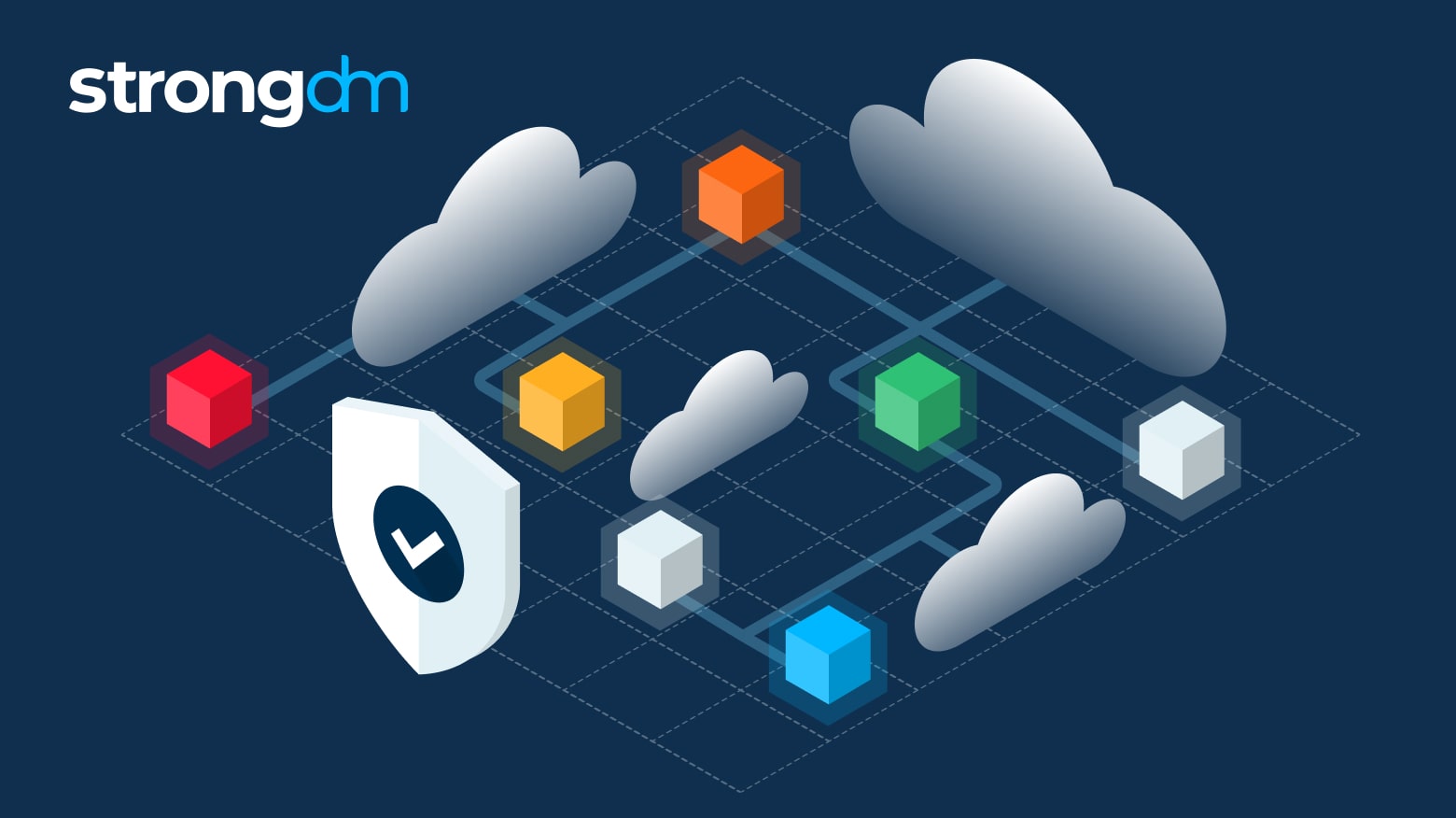
In this article, we will broadly examine cloud infrastructure security and explain how a strong cloud security posture benefits organizations. You’ll learn what the top three most costly cloud infrastructure security mistakes are and how to avoid them. By the end of this article, you’ll have a clearer understanding of how cloud infrastructure security works, why it is important, and how to secure cloud infrastructure in order to protect critical IT assets, sensitive data, and intellectual
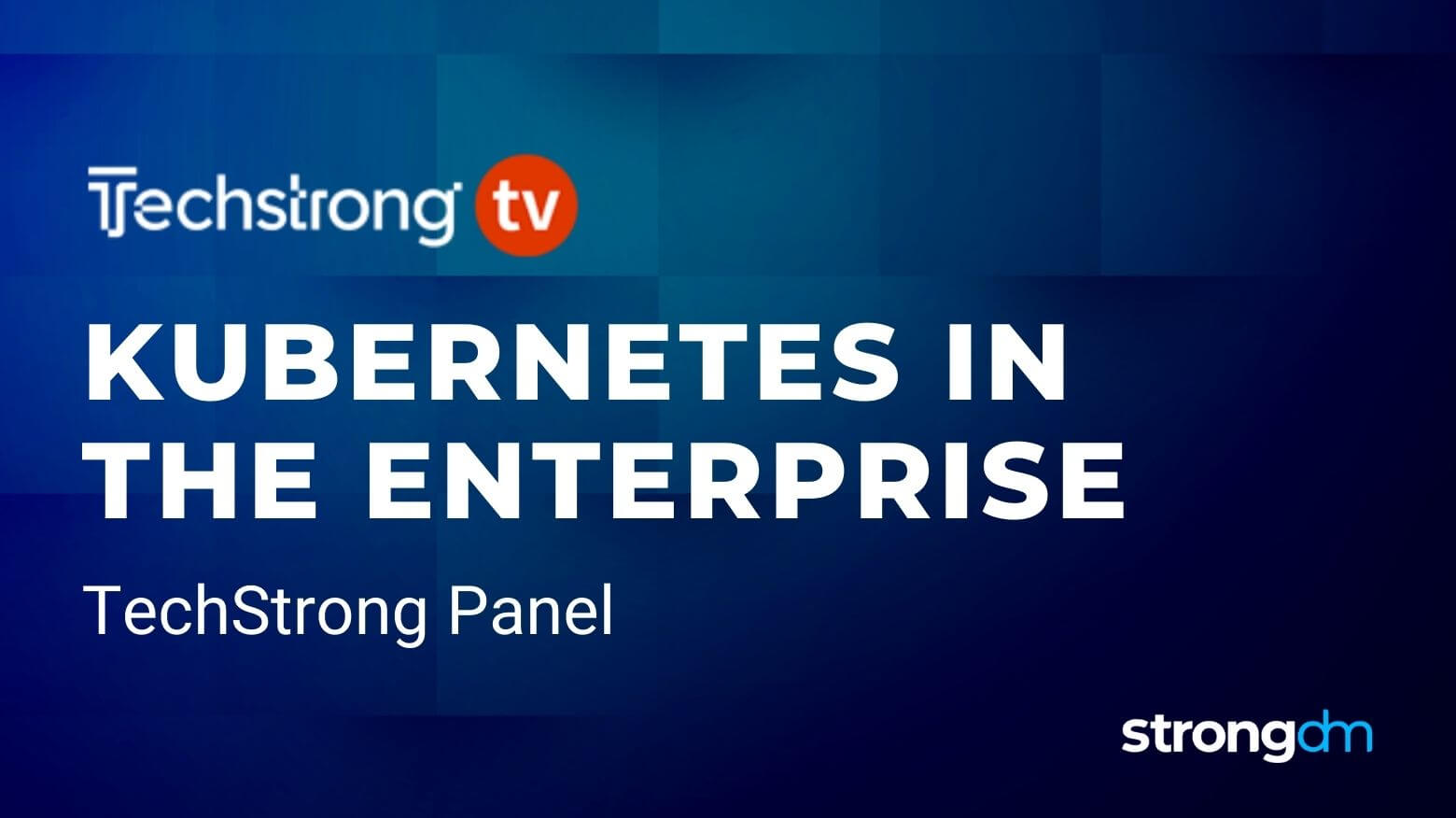
Join strongDM CTO Justin McCarthy and a panel of experts as they discuss the challenges, complexities, and best practices of enterprise k8s adoption.

A closer look at what technical debt is, how it relates to infrastructure access, and why unwinding short-term workarounds can actually improve productivity.

Today, we’ll take a look at what just-in-time access (JIT) means and what types there are. You’ll also learn about what a JIT access solution can do for your organization. By the end of this article, you’ll understand how just-in-time access works, the best practices to ensure secured implementation, and how strongDM comes to the rescue.
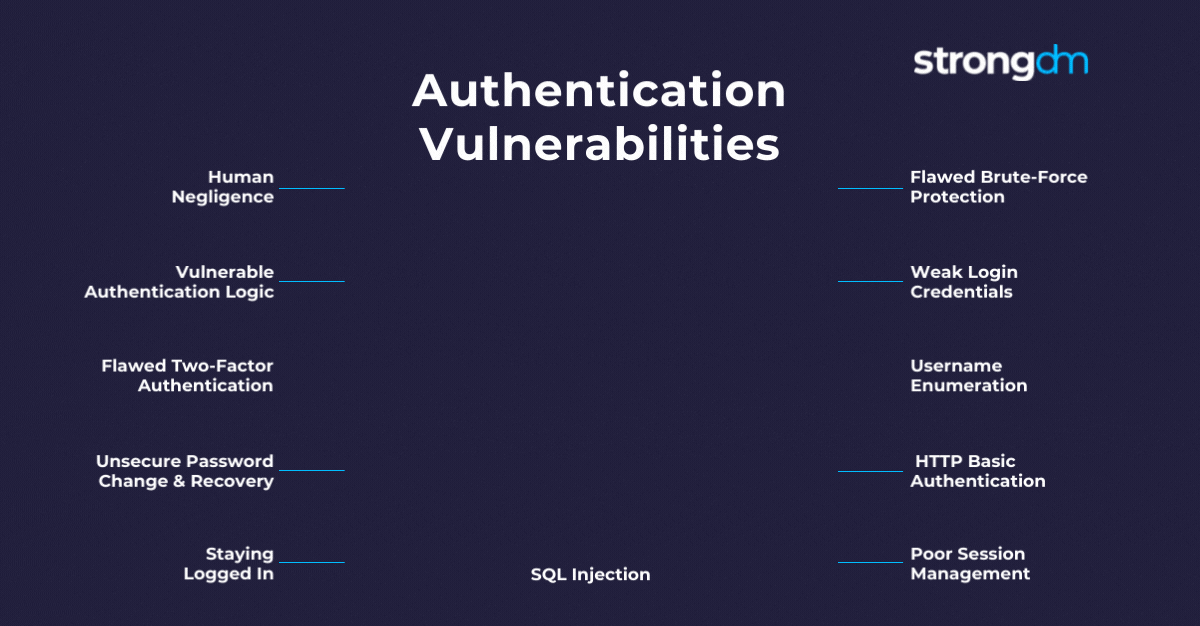
In this article, we’ll take a look at what authentication vulnerabilities are, how they emerge, and how these issues can affect your organization. Also, you’ll learn about the most common authentication-based vulnerabilities and their implications. By the end of this article, you’ll know the best practices to prevent these authentication issues and keep sensitive data safe.

When it comes to self-hosting critical web infrastructure, modern security requires more than simply siloing an appliance to a local network. In this article, we will discuss new methods for authentication bypass vulnerabilities, simplify end-user experiences, and satisfy compliance requirements—without the need for legacy VPN solutions. Here’s how.
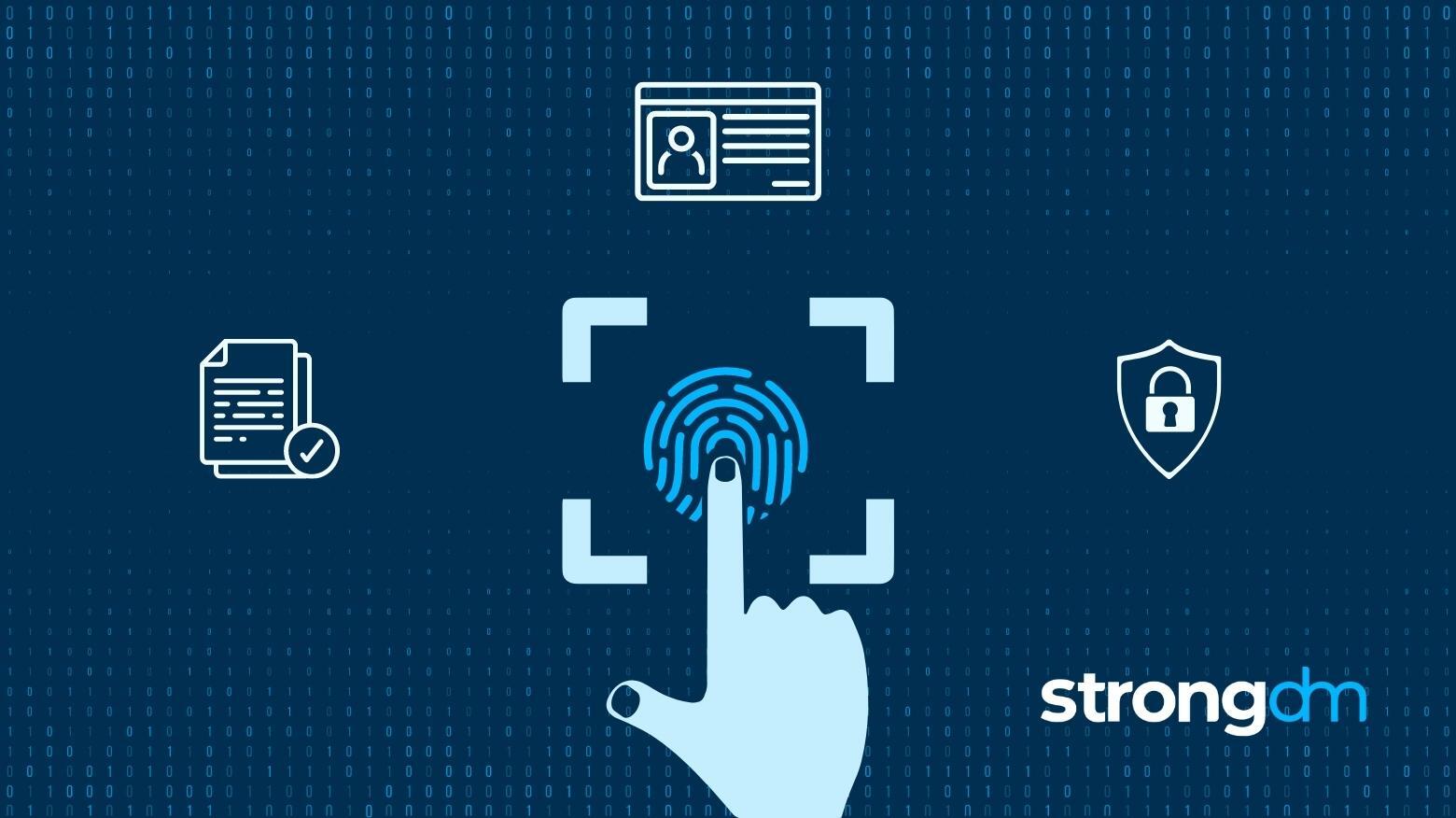
In this article, we will take a deep dive into WebAuthn and some of its associated authentication concepts. We’ll go over the history of WebAuthn and help you better understand the benefits and challenges of using this standard of secure authentication. By the end of this WebAuthn guide, you’ll be able to fully define the concept and grasp how to incorporate it into your organization's security program and web applications.
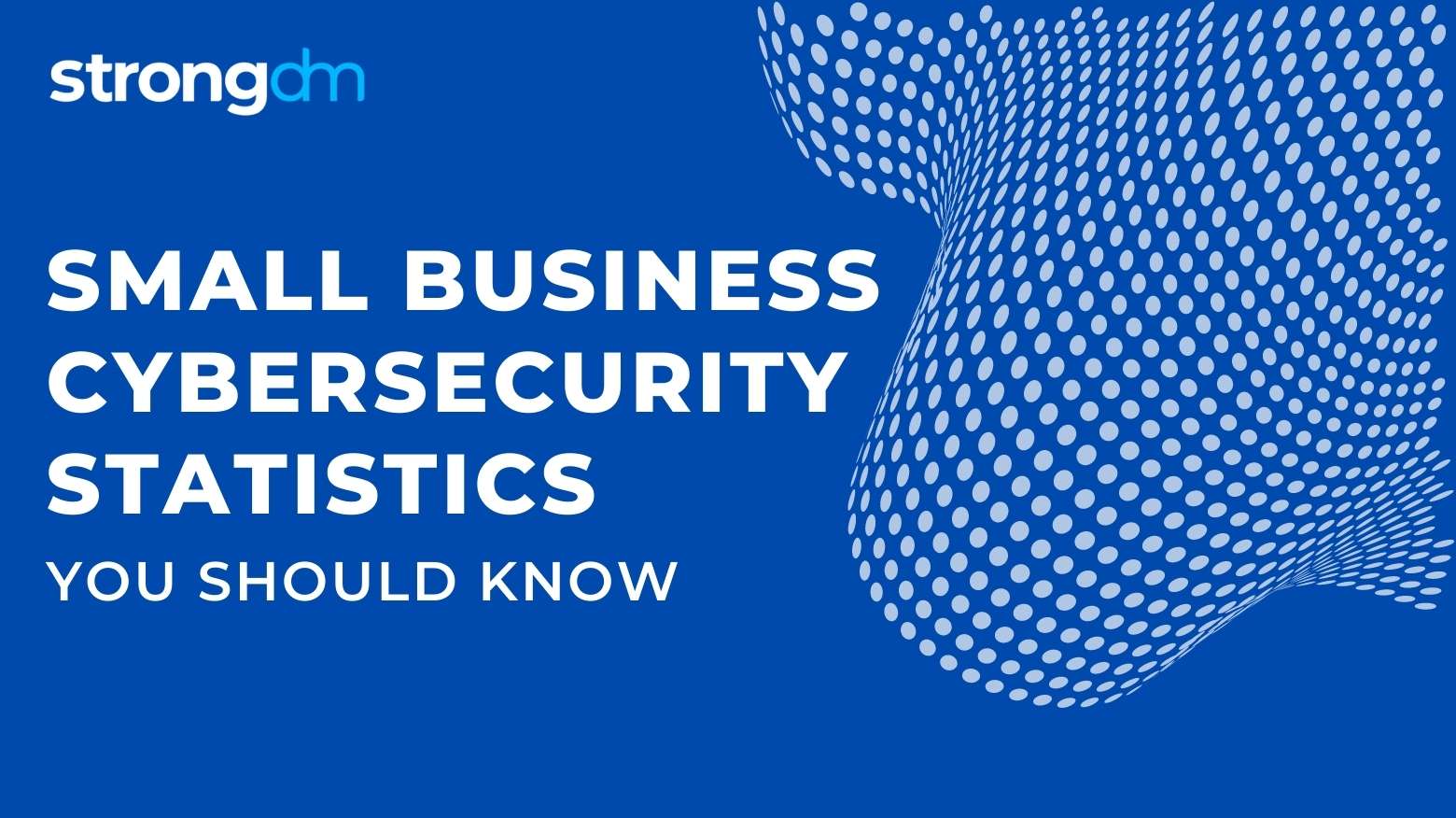
Cyberattacks against small businesses have been on the rise in recent years. Despite the attitude among many small business owners that hackers only go after behemoths, smaller companies make increasingly attractive prey. We’ve gathered the most recent cybersecurity statistics relevant to small businesses. Read on to find out exactly what they are up against and what steps they can take to defend themselves.

Cloud environments present new challenges for data protection as technological innovation, flexibility, and abstraction change the way we copy, store, and handle data. That’s why Justin McCarthy, CTO and co-founder of strongDM, recently sat down with Mike Vizard and a panel of technology experts. ...
